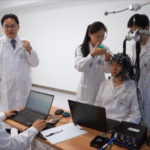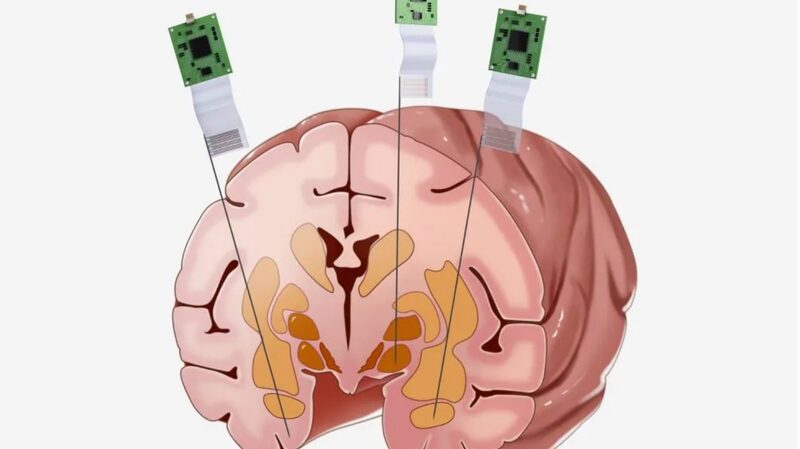Imagine storing an entire brain scan in a speck of DNA smaller than a grain of sugar. 💡 Researchers from Tianjin University and Tianjin Huanhu Hospital have done just that, developing a DNA Palette coding scheme to store brain MRI data with unprecedented density and stability. Published in the National Science Review, this innovation could reshape how medical records are preserved.
Brain MRI scans generate mountains of data—critical for diagnosing conditions like epilepsy and juvenile Parkinson’s, but a nightmare to store long-term. Traditional methods? Not cutting it. Enter DNA: nature’s ultimate hard drive. 🧪 The team encoded 11.28MB of MRI data into 250,000 DNA strands, achieving a staggering 2.39 bits per base density. The result? A dry powder weighing just 3 micrograms—think ‘Avengers’ tech meets real-world medicine.
Why does this matter? DNA lasts millennia, resists hacking, and fits in your palm. 🔒 Plus, it supports over 300 read operations, making it ideal for lifelong patient data tracking. For doctors, this means faster access to 3D reconstructions of brain scans; for hospitals, a future free of bulky servers.
This breakthrough isn’t sci-fi—it’s a tangible step toward secure, sustainable medical storage. As one researcher put it: ‘We’re turning biology into tech’s next big disruptor.’ 🌍✨
Reference(s):
Researchers make breakthrough in DNA-based storage of brain MRI data
cgtn.com




